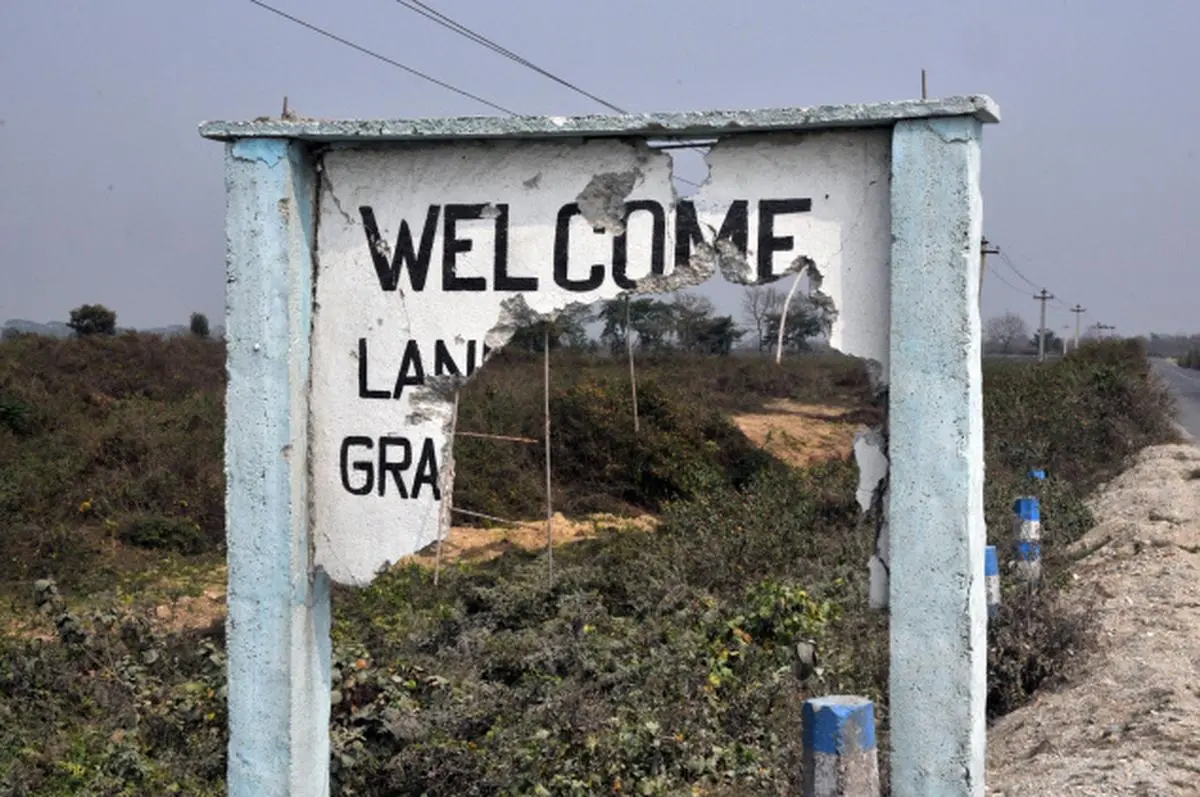
Hole truth: A broken plaque welcomes you to the once prosperous Lankapara Tea Estate
The spring of 2015 brought unhappy tidings for the residents of Lankapara, a tea estate in North Bengal. Bordering the hills of Bhutan, it became one of the 12 tea gardens that Duncan Industries shut down last year.
The decision to close the estates came 10 years after the group’s flagship company, once a major player in the state’s tea industry, was declared sick. While it was no surprise, the workers — both permanent and casual — were hoping against hope for a miracle.
Lankapara was one of the first to get the news of the shutdown. Though incidents of unrest and violent protests by workers have been reported from some other parts, Lankapara seems resigned to its fate.
The future of the employees and their families hangs in the balance. While some have turned to stone collecting and construction work for income, others continue to live in the hope that the Tea Board will come to their rescue.
On January 28, the Tea Board decided to take over the management control of six Duncan gardens. Lankapara is one of those. This will not be smooth, however, as the company has taken the matter to court.
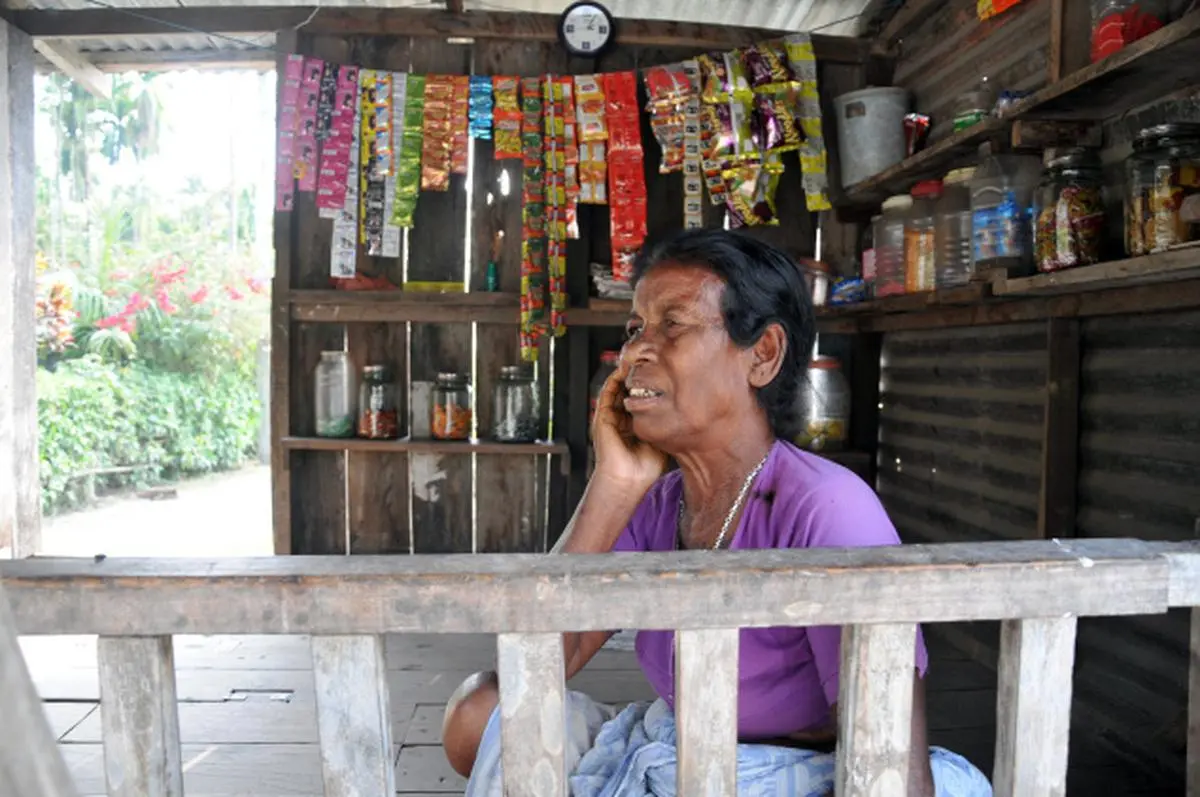
Zero vision: Saraswati Lakra, a former employee of Lankapara Tea Estate, at her roadside shop

Hard times: A picture of despondence at a worker's home

Rought cut: Miscreants target the big trees within the estate for timber
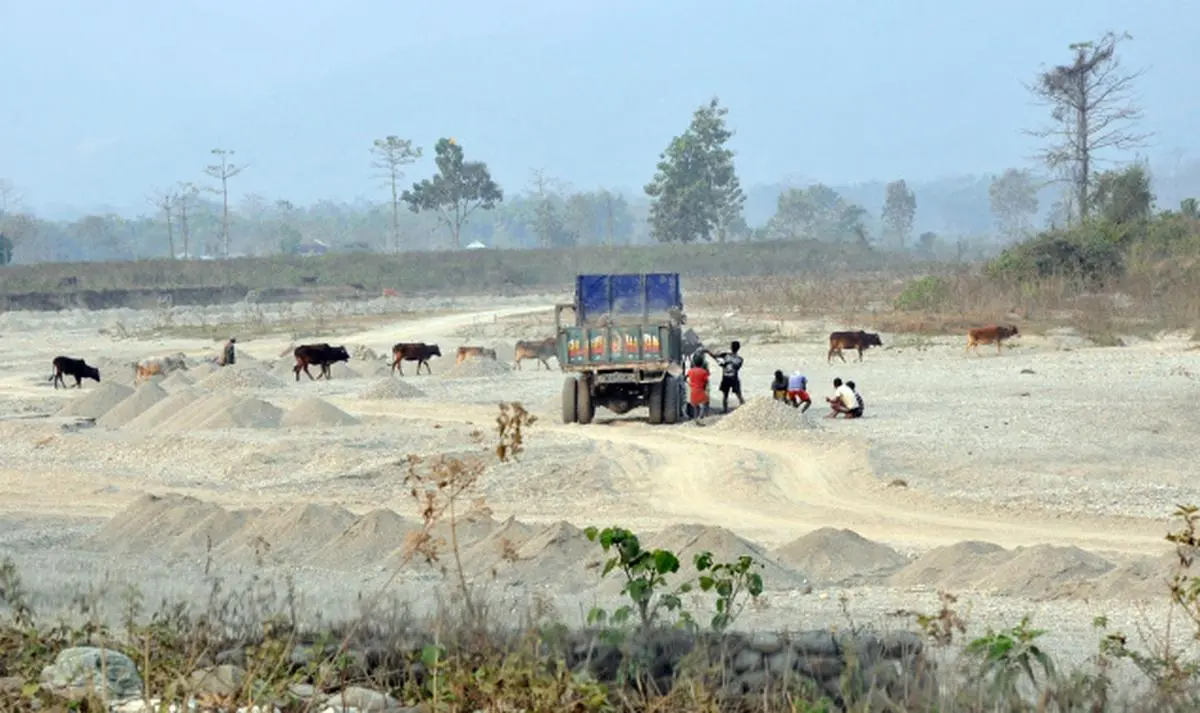
Running on empty: Some workers have turned to stone collecting from the Bangri riverbed for a living
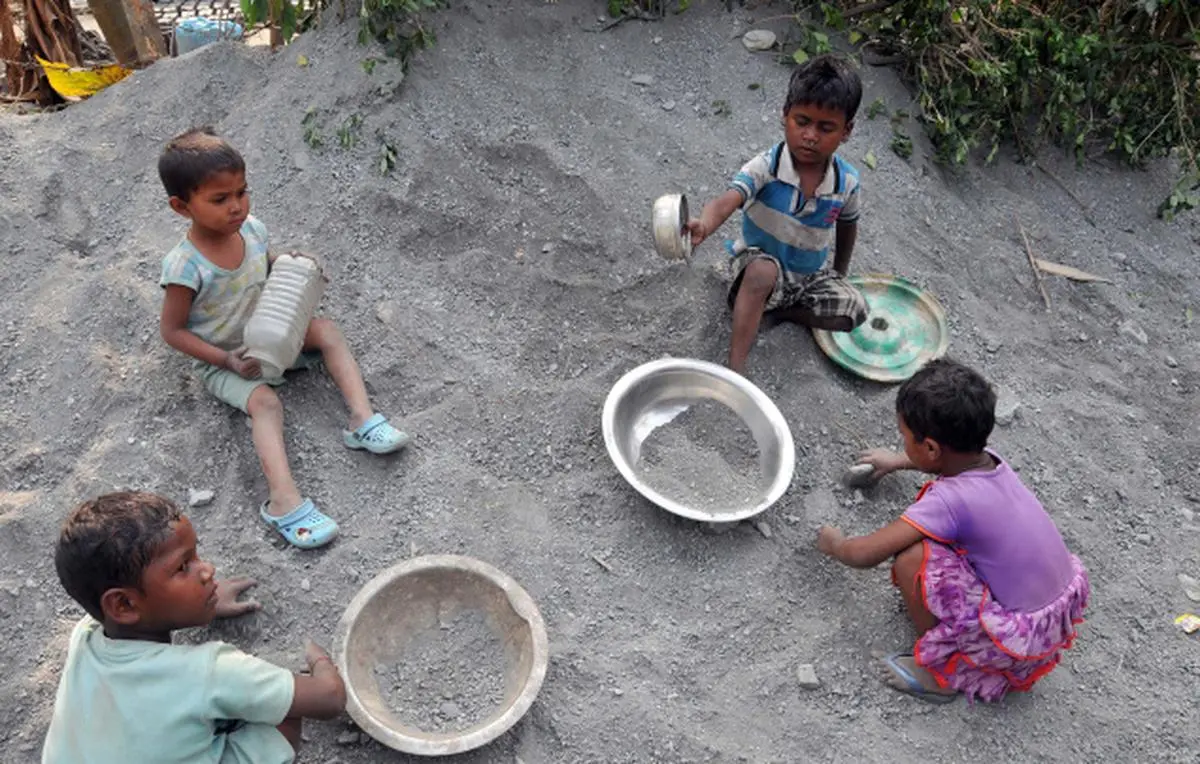
Bare essentials: Children of workers at Bandapani, another tea estate in the region, play with construction material
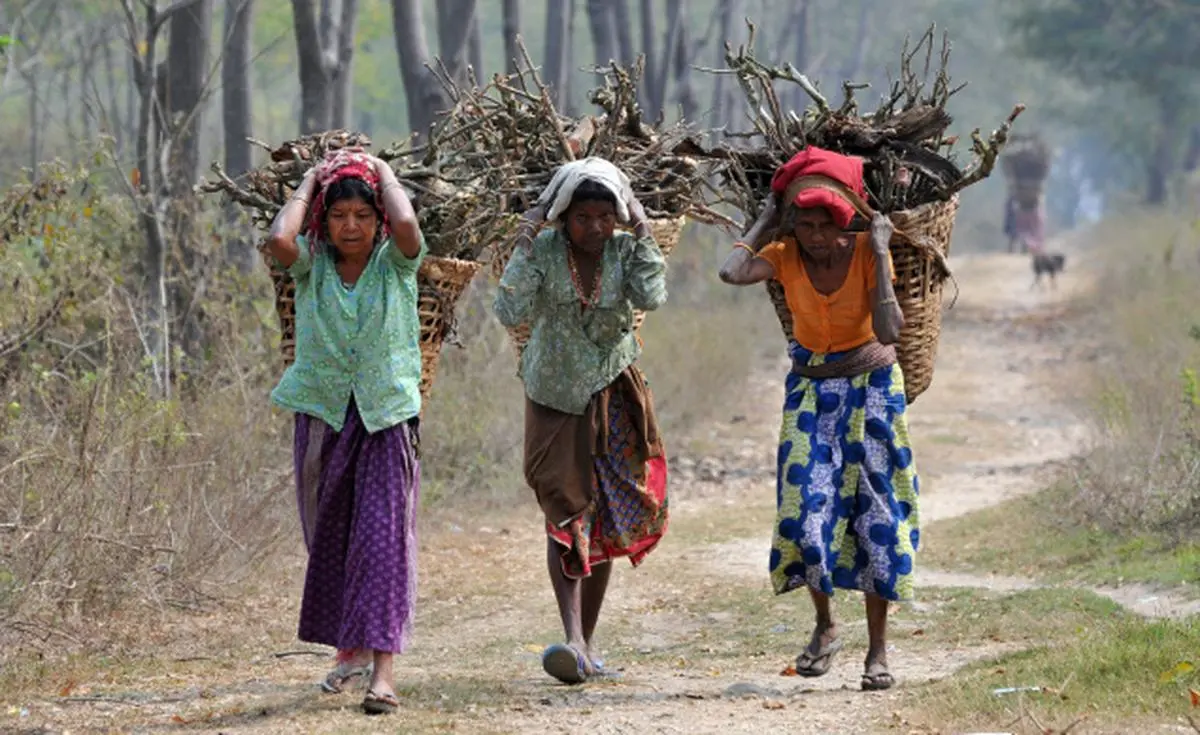
Small change: Wood collected from the closed estate brings some money to the worker families
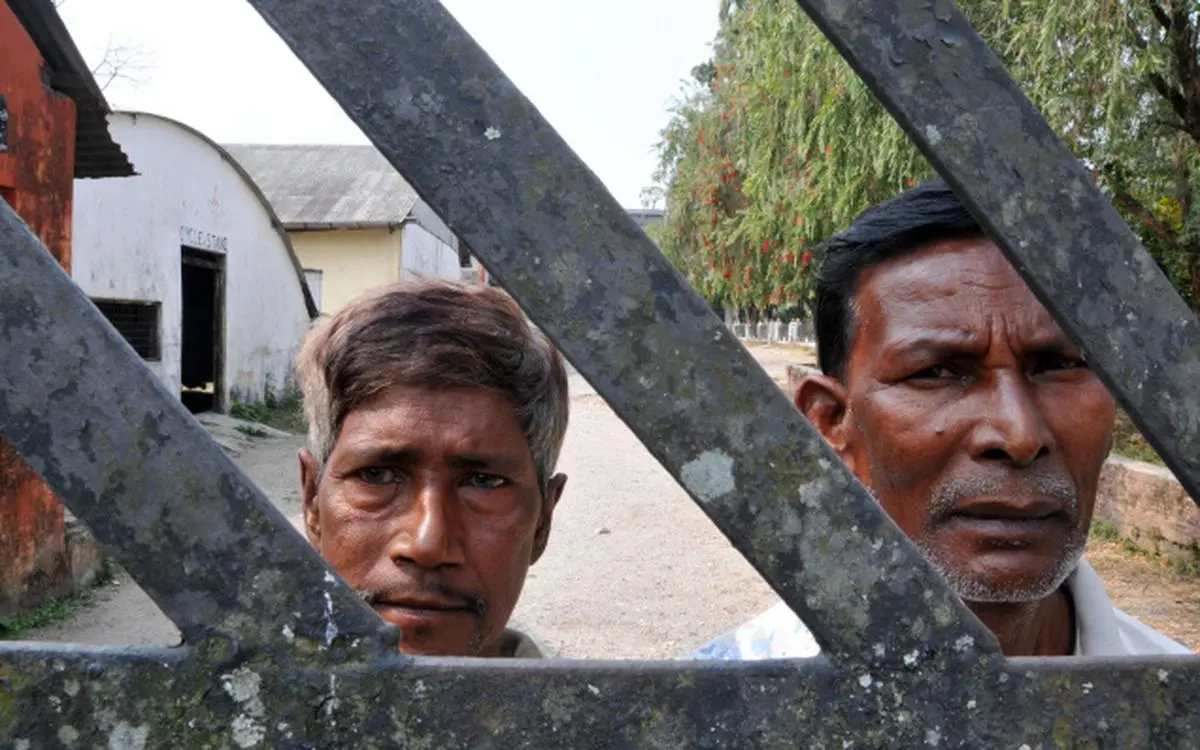
Duty bound: Thuiya Oraon (left) and Kishore Singh, guards of the tea factory at Lankapara Tea Estate, haven't abandoned their post
Published on May 20, 2016




Comments
Comments have to be in English, and in full sentences. They cannot be abusive or personal. Please abide by our community guidelines for posting your comments.
We have migrated to a new commenting platform. If you are already a registered user of TheHindu Businessline and logged in, you may continue to engage with our articles. If you do not have an account please register and login to post comments. Users can access their older comments by logging into their accounts on Vuukle.